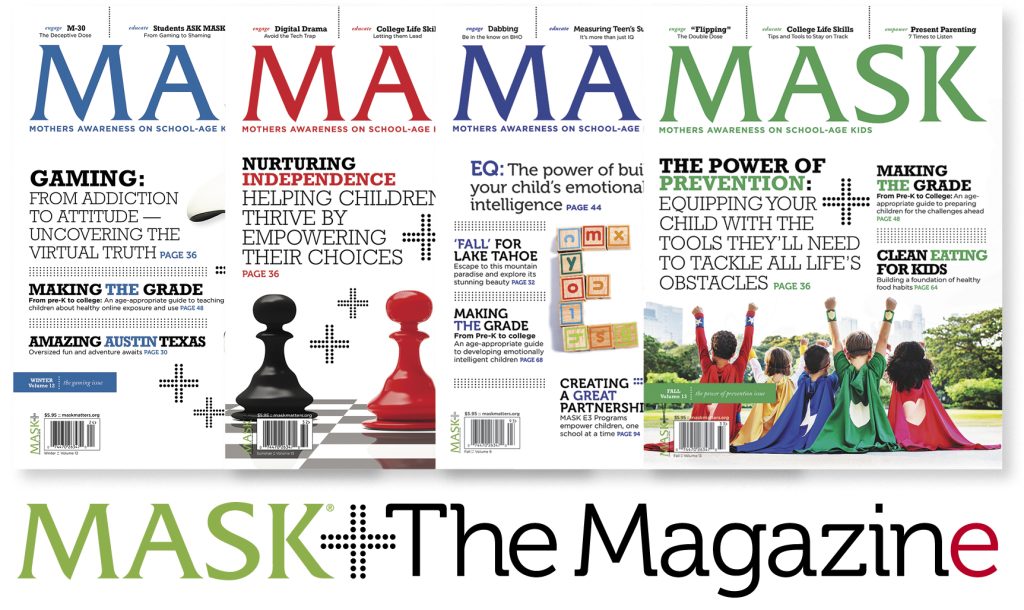
Building Character
July 8, 2024
How to Help an Anxious Child
July 12, 2024College-age students have a variety of options for how to spend their summers.
Here are some ideas:
- Internships: Seek out internships related to their field of study or career interests. Internships provide valuable hands-on experience, networking opportunities, and insights into potential career paths.
- Part-time Jobs: Work part-time to gain work experience, develop transferable skills, and earn money for tuition or expenses. Retail, food service, tutoring, and administrative positions are popular options for college students.
- Volunteer Work: Dedicate time to volunteer with organizations or causes they care about. Volunteering not only makes a positive impact on the community but also allows students to develop new skills, expand their network, and explore potential career interests.
- Travel: Take advantage of the summer break to travel and explore new places. This could involve international travel, domestic road trips, or even backpacking adventures. Traveling exposes students to different cultures, languages, and perspectives, fostering personal growth and development.
- Study Abroad Programs: Consider participating in a study abroad program to immerse themselves in a different culture, learn a new language, and earn academic credits. Study abroad experiences offer unique opportunities for personal and academic growth.
- Summer Courses: Take summer courses to get ahead on credits, fulfill prerequisites, or explore new subjects. Many colleges and universities offer summer classes that are more condensed and intensive than during the regular academic year.
- Research Opportunities: Pursue research opportunities with professors or research institutions. Engaging in research allows students to deepen their understanding of their field of study, build research skills, and prepare for graduate school or future careers.
- Skill Development: Use the summer to develop new skills or hobbies. This could include learning a musical instrument, taking up a new sport or physical activity, mastering a new language, or honing skills in photography, cooking, coding, or graphic design.
- Networking Events: Attend networking events, workshops, conferences, and industry seminars to expand their network, learn from professionals in their field, and gain insights into potential career paths.
- Relax and Recharge: Lastly, it’s important for college students to take time to relax and recharge during the summer break. Spend time with family and friends, enjoy outdoor activities, read for pleasure, or pursue hobbies and interests outside of academic and professional pursuits. Balancing productivity with self-care is key to maintaining overall well-being.
To learn more tips and parenting subscribe to MASK The Magazine, parenting solutions for today’s families
Subscribe to MASK The Magazine
Or
Did you know that you can add past issues of MASK The Magazine and start your MASK Library –



